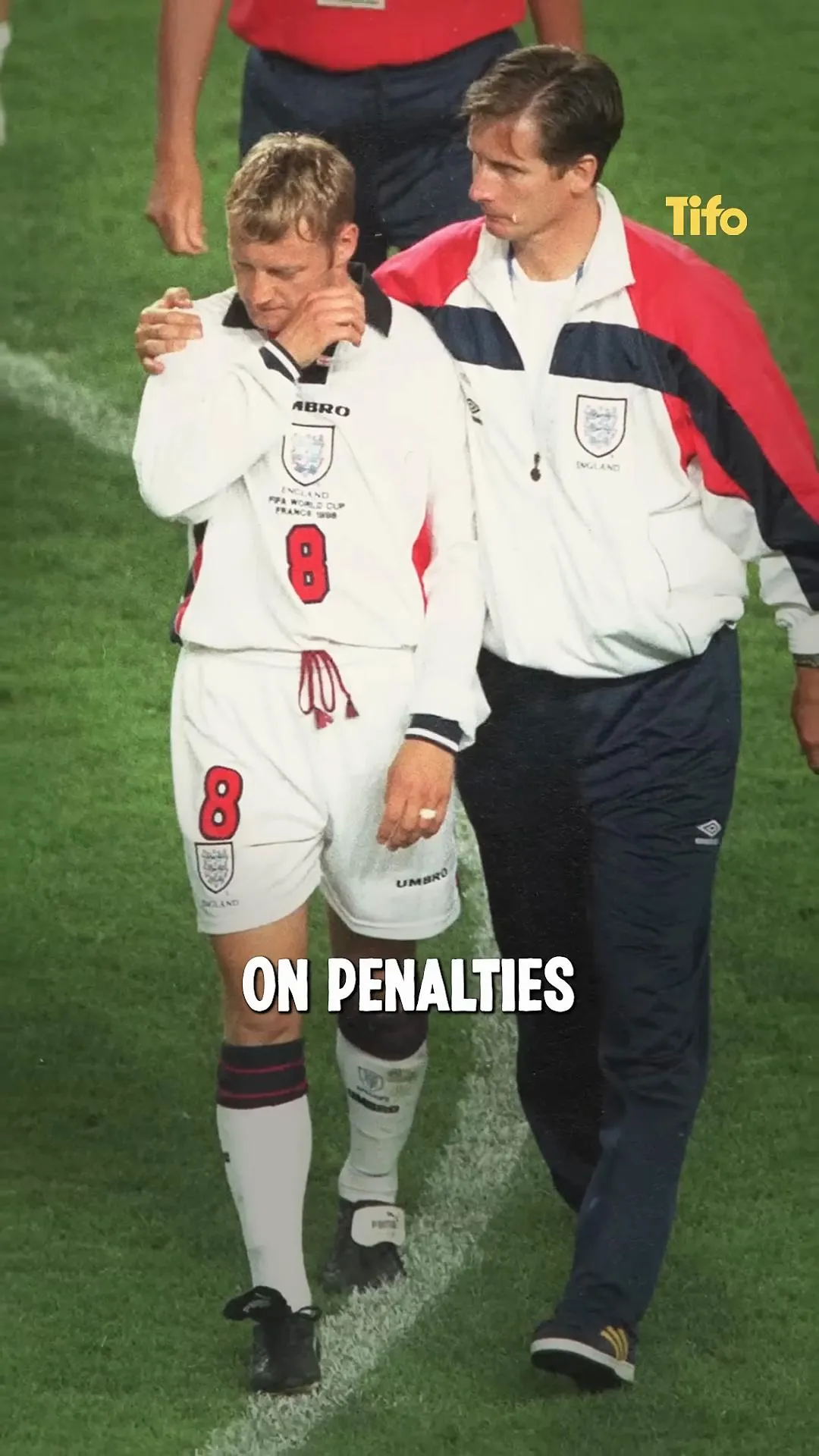The Beckham backlash that erupted in England during the 1998 World Cup remains one of the most notable incidents in sports history. How did a single moment turn a national hero into a national scapegoat? What led to the intense public outrage and media frenzy surrounding David Beckham? Following his infamous red card against Diego Simeone, Beckham faced massive criticism, ridicule, and even threats. This event not only impacted his career but also revealed the darker side of sports fandom and media sensationalism. Let’s delve into the details of this remarkable story and uncover the reasons behind the backlash and its long-term effects on Beckham’s life and career.
Beckham Backlash: The Rise of a Scapegoat
In June 1998, during the World Cup knockout stage match against Argentina, David Beckham was sent off after a foul on Diego Simeone. This moment marked the beginning of what would be an intense Beckham backlash that shook the foundations of English football. Despite the team’s collective effort, England was eliminated in a penalty shootout. The headlines the next day were brutal, labeling Beckham as the villain of the match.
Media Frenzy and Public Outrage
The media played a pivotal role in shaping public sentiment against Beckham. The tabloid press, in particular, led the charge. One of the most infamous headlines read “Ten Heroic Lions, One Stupid Boy,” portraying Beckham as a lone figure responsible for the loss. But how did this perception take hold?
- Tabloid Sensationalism: The British tabloids often thrive on sensational stories, and Beckham’s red card was a perfect target.
- Public Sentiment: Fans were searching for someone to blame, and Beckham, being a high-profile player, became the scapegoat.
- Symbol of Failure: Beckham’s actions symbolized the disappointment of an entire nation, and the press exploited this narrative.
Consequences of the Backlash
The aftermath of the incident was harrowing for Beckham. Not only did he face constant booing at matches, but he also became the target of abuse in various forms. The media’s portrayal of Beckham escalated to disturbing levels.
Physical Threats and Personal Attacks
After returning home, Beckham was subjected to extreme measures of harassment. Some of the most chilling incidents included:
- Receiving bullets through the mail, a direct threat to his life.
- An effigy of Beckham being hung outside a pub, indicating just how far public sentiment had turned.
- Media intrusion into his family life, with reporters camping outside his parents’ home.
Impact on Beckham’s Career
The Beckham backlash not only affected him psychologically but also had implications for his career. Despite the adversity, Beckham eventually channeled the negative energy into his performances, leading to a resurgence in his career.
How Beckham Overcame the Backlash
David Beckham’s ability to bounce back from the backlash is a testament to his character and resilience. After the tumultuous events of 1998, he focused on his game and returned to the pitch with renewed determination.

Support from Teammates and Public Figures
Support came from unexpected places. Many of his teammates and former players rallied behind him, emphasizing the importance of unity in sports. Quotes from figures like Gary Lineker and others highlighted that blaming a single player for a team’s failure is unjust.
Rebuilding Public Image
Over the years, Beckham worked diligently to rebuild his public image. Key strategies included:
- Consistent Performance: He excelled in subsequent matches and tournaments, showcasing his skills and dedication.
- Engagement in Charitable Causes: Beckham’s involvement in various charitable initiatives helped reshape his narrative.
- International Success: His contributions to the England team in later tournaments reinstated his status as a national hero.
The Legacy of the Beckham Backlash
The Beckham backlash serves as a powerful lesson on the volatility of public opinion and the role media plays in shaping narratives. It raises questions about accountability in sports and the impact of societal pressure on athletes.
As Beckham himself reflected on the experience, he noted, “It taught me a lot about resilience and the importance of mental strength.” This incident ultimately shaped him into a more mature and focused athlete.

Lessons Learned from the Incident
The events surrounding the Beckham backlash provide several key takeaways for sports fans, media, and athletes alike:
- Be Mindful of Scapegoating: Assigning blame to a single player can be detrimental and unfair.
- Understand the Impact of Media: Media portrayal can significantly affect an athlete’s mental health and public image.
- Support Your Players: Fans and teammates should rally around players during tough times instead of turning against them.
Final Thoughts on Beckham’s Journey
The journey of David Beckham post-1998 World Cup is a remarkable story of resilience and redemption. The Beckham backlash not only tested his character but ultimately contributed to his growth as both a player and a public figure. Today, Beckham is celebrated not just for his footballing skills but for his ability to overcome adversity and inspire others. While the backlash was a dark chapter in his life, it was also a turning point that helped him emerge stronger and more determined than ever.
